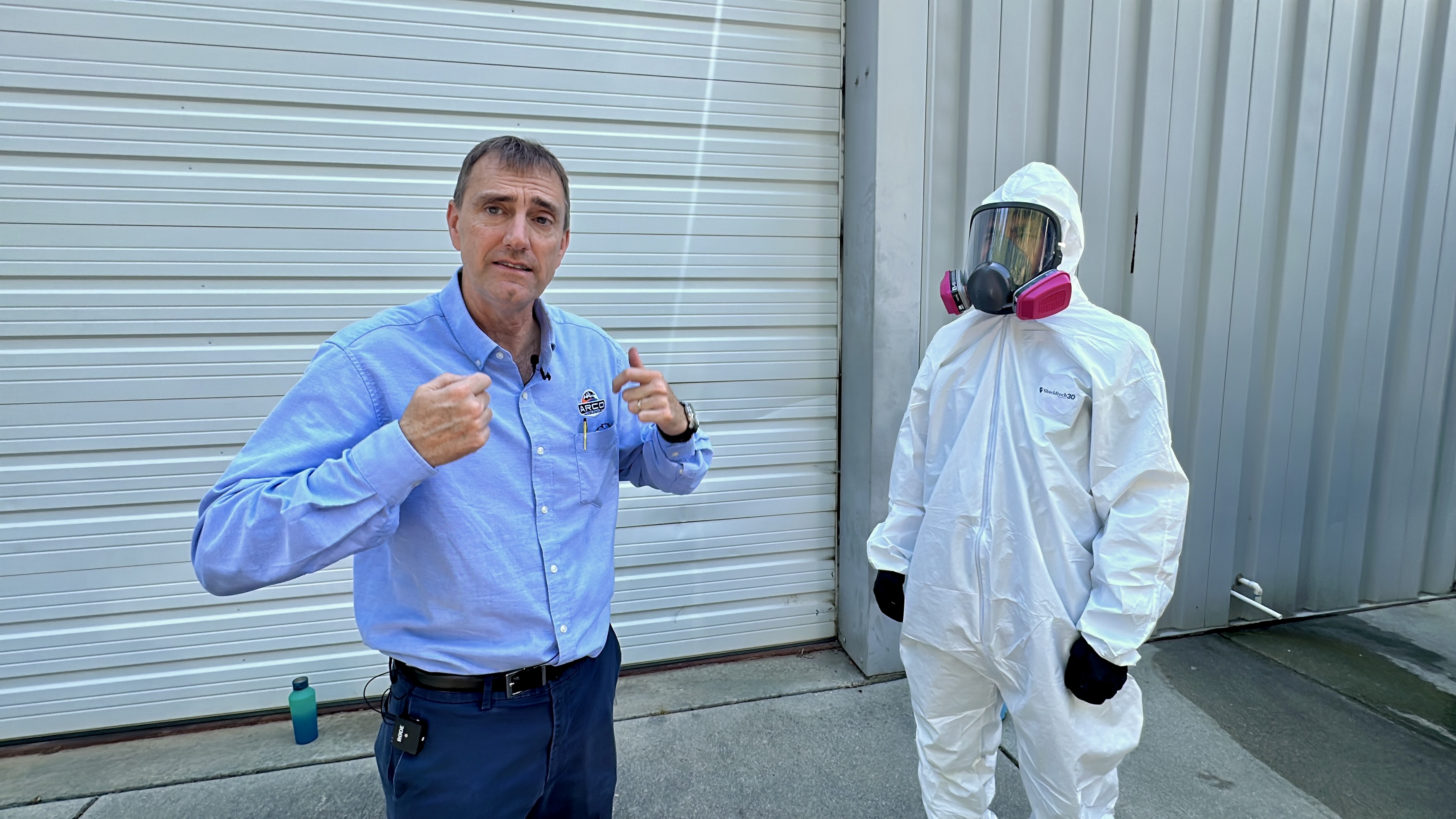RALEIGH, N.C. — The N.C. State administration has announced its intention to gut Poe Hall, a campus building increasingly associated with cancer-causing chemicals.
The administration released the newest update for a major makeover through remediation.
The university maintains it has shared data from prior testing and remediation plans with the Environmental Protection Agency.
In a recent post, N.C. State Chancellor Randy Woodson said, “Removal of the entirety of the HVAC systems, interior and exterior walls, paneled facade and windows is the most effective — and possibly most expeditious — pathway to address this unique situation.”
The chancellor says a formal notification and application for remediation plans up to EPA standards will be released in the coming weeks. Meanwhile, the university is preparing for education majors who would normally take classes in the shuttered building to set up shop elsewhere on campus in the coming academic year.
Psychology students, who have also taken classes inside Poe Hall over the years, will move to 111 Lampe Drive, which will become the permanent home of the psychology department.
Tests have revealed PCBs, more commonly known as polychlorinated biphenyls. Last fall, university leaders announced the closure of the building until further notice. Students, professors and alumni have repeatedly complained about the school’s handling of the building after reports of contamination surfaced.
Leaders consistently contend the issue is being addressed.
Understanding what goes into cleaning up a health and environmental mess requires a lot of effort before remediation gets underway.

Arco Restoration mitigation manager Ted Shinaberry does it for a living.
“Mitigation is about basically putting a big Band-Aid on emergencies,” he said.
Shinaberry said he’s worked in remediation for the better part of the last 15 years. He says proper protocol involves specialized tools, such as air scrubbers to clean the air of mold spores and dehumidifiers to dry out a space.
“The big thing with remediation especially is you're trying to protect nonaffected areas. You're also trying to protect people like in a commercial building," Shinaberry said. "A lot of it is containment. The crew has to get in a full PPE, (wear a) respirator, and stuff like that, so they're not being affected."
Some former workers and graduates want the building preserved for a full independent investigation.
Although he said much of their work is on a smaller scale for commercial and residential projects, Shinaberry said that their approach at N.C. State may slightly differ because Poe Hall is essentially being redone and renovated.
PCBs were banned in 1979 through the Toxic Substances Control Act.
Jason Varner, the general manager of Arco Restoration, said it’s not uncommon to find buildings constructed with older materials that qualify as PCBs.
“It’s an extensive process and it takes a whole plethora of individuals,” Varner said.



